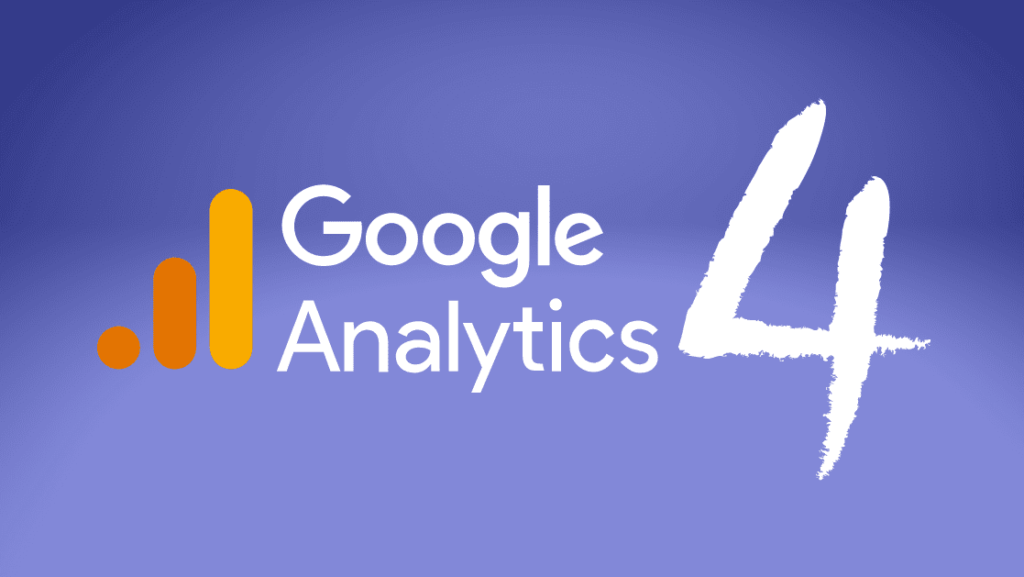Everything you need to know About Google Analytics 4
Google Analytics 4 (GA4) is a full-featured analytics tool for both websites and apps. It allows you to analyze how people interact with your platform so that you can update your marketing efforts to improve engagement.
What is Google Analytics 4?
Google launched GA4 to help users scale their businesses and achieve goals, provide dependable, long-term reporting, and use automation to provide robust, unmatched data.
This service uses automation throughout to help users better understand their data. It uses two types of analytics insights: automated insights and custom insights. Automated insights identify data changes or trends and immediately notify users, while custom insights are user-generated conditions that detect data changes. GA-4 performs several tasks, listed as:
- Collects data from both websites and apps in to comprehend
- uses data that is event-based rather than session-based
- Privacy protections include cookieless measurement, behavioral modeling, and key event modeling.
- Predictive skills provide direction without advanced models.
- Direct connections with media outlets can help drive activities on your website or app.
Key Features of Google Analytics-4
Let’s go through the upgrade’s key features and advantages in more detail.
Reorganized Reporting

In terms of reporting, Google’s goal was to make it easier to monitor customers as they moved through the marketing funnel. For example, as seen below, they have a new component called “Life Cycle”, which includes reports for:
- Acquisition
- Engagement
- Monetization
- Retention
Google Analytics previously only included the Acquisition report, so these additional parts provide significantly more insight into the later phases of the customer lifetime.
Inform SEO strategy
GA4 works with Google Search Console, which helps you with two things.
- Identifying which keywords drive traffic to your website.
- Watching what visitors do after they arrive.
For example, if a piece of content generates a lot of traffic and interaction, you can create more material based on that keyword.
- You can also record visitor visits to identify the path from first visit to conversion.
- You can use this knowledge to improve internal linking structures.
- All wonderful news for your SEO strategy.
Improve marketing campaign performance
GA4’s ability to track activity across many channels, combined with the insights of its AI assistant, provides a complete view of the customer experience.
- Do you want to know if your marketing strategies are working or not? GA4 can respond to that.
- While running your advertisements, are you trying to find out which influencers are attracting interested visitors? GA4 can also help you track that.
- Want to see the real effect of your advertising on conversions? Done.
Innovative way for data controls
Finally, the new Google Analytics aims to respond to the changing privacy landscape by providing improved settings for collecting, preserving, and analyzing user data. They are specifically designing a data collection method that does not rely on cookies or IDse-commerce, the new platform would depend more on data modeling to fill in gaps in the customer experience, such as missing or unavailable data.
Analyze Ecommerce performance
GA4 provides detailed ecommerce statistics, from product views to refund rates. These analytics enable ecommerce businesses to adjust inventory, merchandising, and site experience depending on how people shop.
For example, you may notice that the black leggings sell 2x as much as any other color. You may use this information to decide what products to stock more of. And which ones may require a rethink in your inventory
Conclusion:
In conclusion, Google Analytics 4 is designed to help organizations and marketers with a range of important outcomes, including integrating cross-platform data and delivering additional customer data beyond initial acquisition, such as engagement, monetization, and retention. The platform also provides more access to their machine learning insights and data science analysis, which were previously exclusively available through the enterprise-level Google Analytics 360.
Read our article: Google Ads vs. Meta Ads: Which is the Better Choice?

